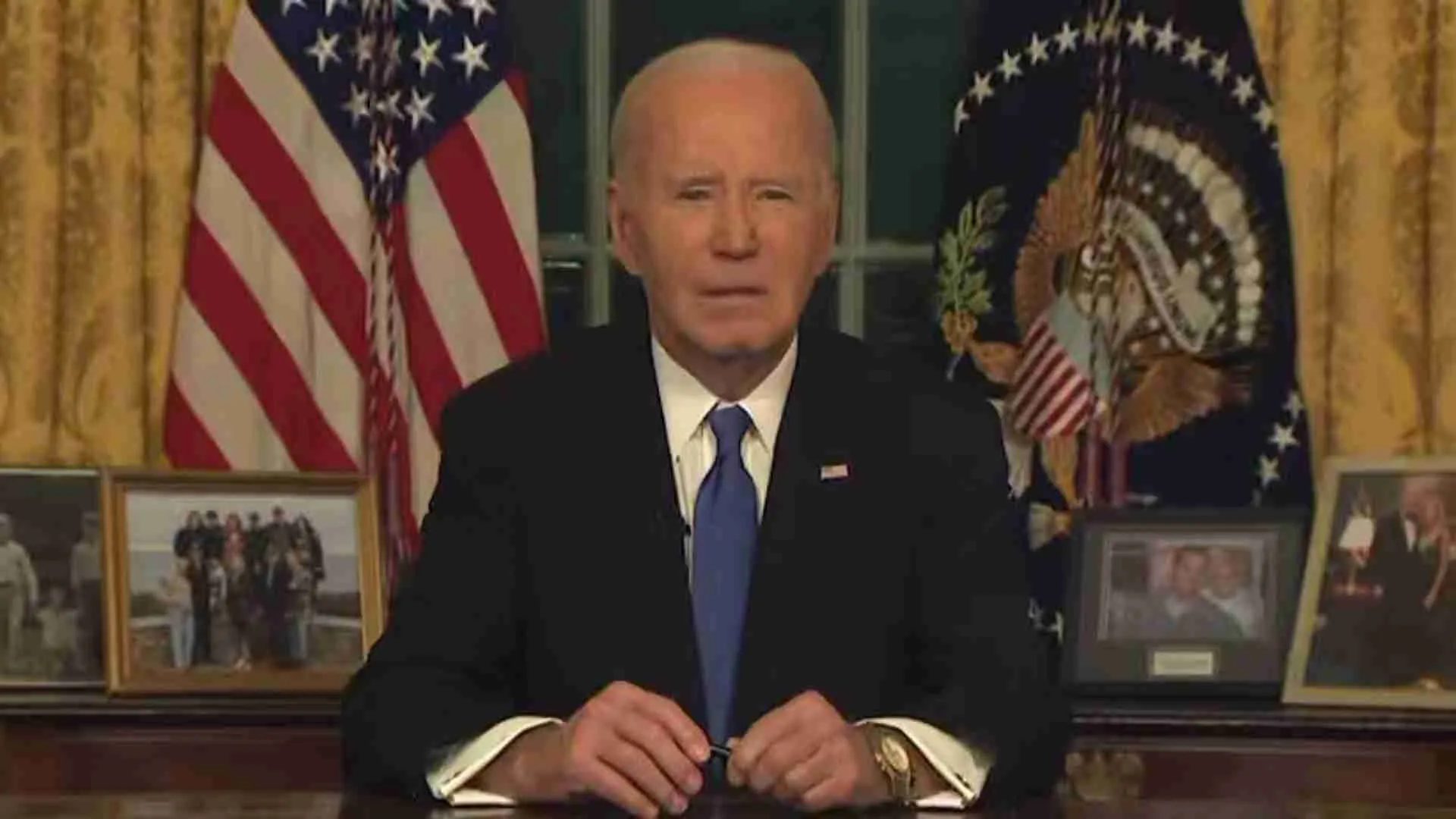Russia’s invasion of Ukraine is the deadliest conflict in Europe since World War II and the first to feature algorithms and TikTok videos with fighter planes and tanks. Online battles rage on computer screens and smartphones around the world as Russia uses disinformation, propaganda, and conspiracy theories to justify its invasion, quell domestic opposition, and sow discord among its opponents.
Now in its second year, the war is likely to get even more confusing as Russia seeks to break the will of Ukraine and its allies. “The natural question is: What comes next? We know Russia is preparing for a protracted conflict,” said Samantha Lewis, manager of strategic geopolitics at cybersecurity firm Recorded Future. “Ukrainian morale is almost certainly a major target of Russian psychological operations. And international complacency is at risk.” Here’s a look at Russia’s propaganda war since the conflict began:
Divide and Conquer
The Kremlin’s propaganda efforts against Ukraine began several years ago and escalated rapidly in the months just before the invasion, according to Ksenia Iliuk, a Ukrainian disinformation expert who has tracked Russia’s information operations. Russia tailors’ messages to specific audiences around the world.
In Eastern Europe, Russia spread unfounded rumors about Ukrainian refugees committing crimes or taking local jobs. In Western Europe, the message was that corrupt Ukrainian leaders could not be trusted and that a protracted war could escalate or increase food and oil prices.
In Latin America, Russia’s local embassies spread Spanish-language claims that its invasion of Ukraine was a struggle against Western imperialism. Similar messages accusing the US of hypocrisy and belligerence were spread to Asia, Africa, and other parts of the world with a history of colonialism.
Russian information agencies were flooded with propaganda describing Ukraine’s military as weak and its leaders as ineffective and corrupt. But if the message was intended to reduce resistance to the invaders, it backfired in the face of Ukrainian defiance, Ilyuk said.
“Russian propaganda has failed in Ukraine,” she said. “Russian propaganda and disinformation are indeed a threat and can be very sophisticated. But it’s not always working. It’s not always finding an audience.”
















